Disclosure: This article contains affiliate links. We may earn a commission from purchases at no extra cost to you, which helps our travel content.
There's something electric about wandering through a city that isn't on most travelers' radar. Bangui—the riverside capital of the Central African Republic—is exactly that kind of place. After spending 15+ years chasing waves across coastlines from Bali to Costa Rica, I've developed an unexpected passion for exploring underrated urban centers. When my developer contract wrapped up early this winter, I decided to trade Arizona's plateaus for the banks of the Ubangi River for a week of solo urban exploration that would challenge even my experienced traveler sensibilities.
Understanding Bangui: Context is Everything
Before diving into Bangui's hidden corners, let me be upfront: this isn't a beginner's destination. The Central African Republic has faced significant political instability over the years, and staying informed is non-negotiable. I spent weeks researching before my trip, connecting with local contacts through my old developer network, and monitoring security updates.
I arrived during the winter dry season (December), when the temperature hovers around a manageable 90°F (32°C) and the roads are more navigable. My first impression: Bangui feels like two cities in one—the administrative center with its French colonial architecture and the vibrant, sprawling neighborhoods where most Bangui residents actually live.
My satellite communicator became my constant companion. Even with decent cell service in central areas, having reliable emergency communication gave me peace of mind in more remote districts. The device is compact enough to fit in a pocket but powerful enough to send messages anywhere—exactly what you need when exploring a city with limited tourist infrastructure.
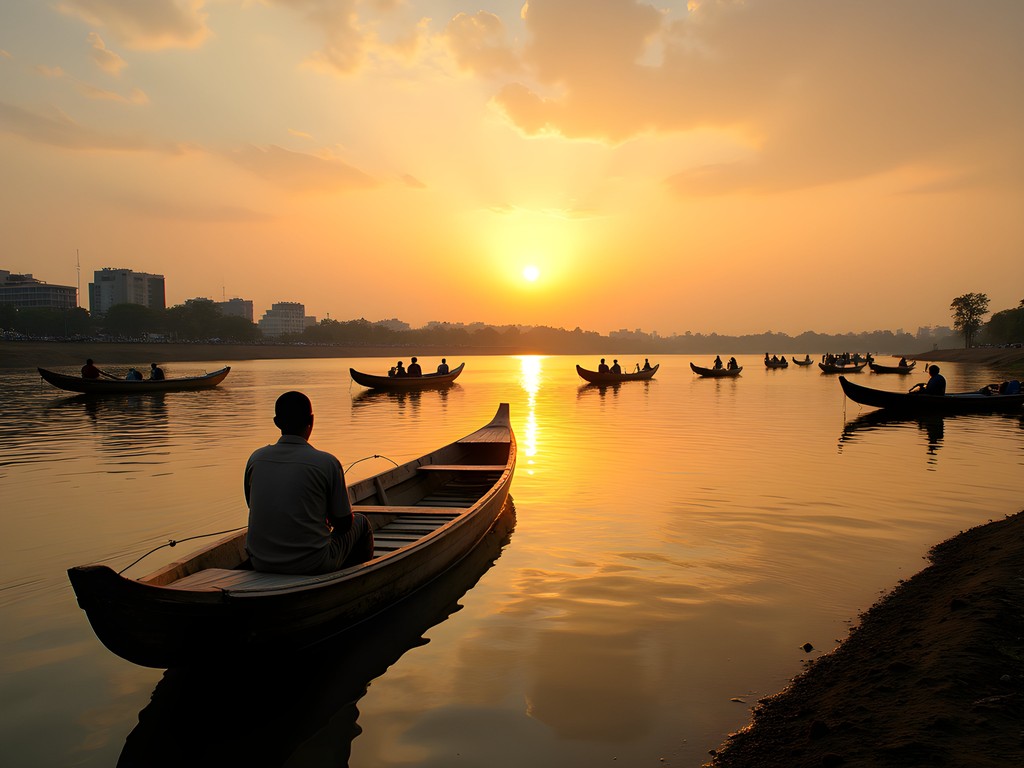
💡 Pro Tips
- Register with your embassy before arrival
- Download offline maps of Bangui's districts
- Connect with local guides through Facebook groups before your trip
Navigating Kilomètre 5: Bangui's Commercial Heart
If you want to understand Bangui beyond the sanitized diplomatic quarter, head straight to Kilomètre 5 (PK5). This predominantly Muslim neighborhood pulsates with commercial energy and represents Bangui's entrepreneurial spirit. The central market here is a sensory overload—spices, fabrics, electronics, and everything in between.
During my third day, I spent hours wandering through the labyrinthine alleys of PK5's market. My approach was simple: respect first, photography second. I'd start conversations with vendors using my limited Sango phrases (the local language alongside French) before even thinking about pulling out my phone for photos.
Hydration is critical in Bangui's heat, and my water purifier saved me countless times. The tap water isn't safe for visitors, and while bottled water is available in central areas, having a reliable purification system meant I could refill from any source when exploring further afield. The compact size and quick-flow design made it practical for urban exploration.
As a vegan traveler, PK5 was surprisingly accommodating. I discovered numerous stalls selling fresh fruits, cassava preparations, and peanut-based dishes that aligned perfectly with my plant-based diet. The grilled plantains became my daily staple—simple, delicious, and safely prepared before my eyes.
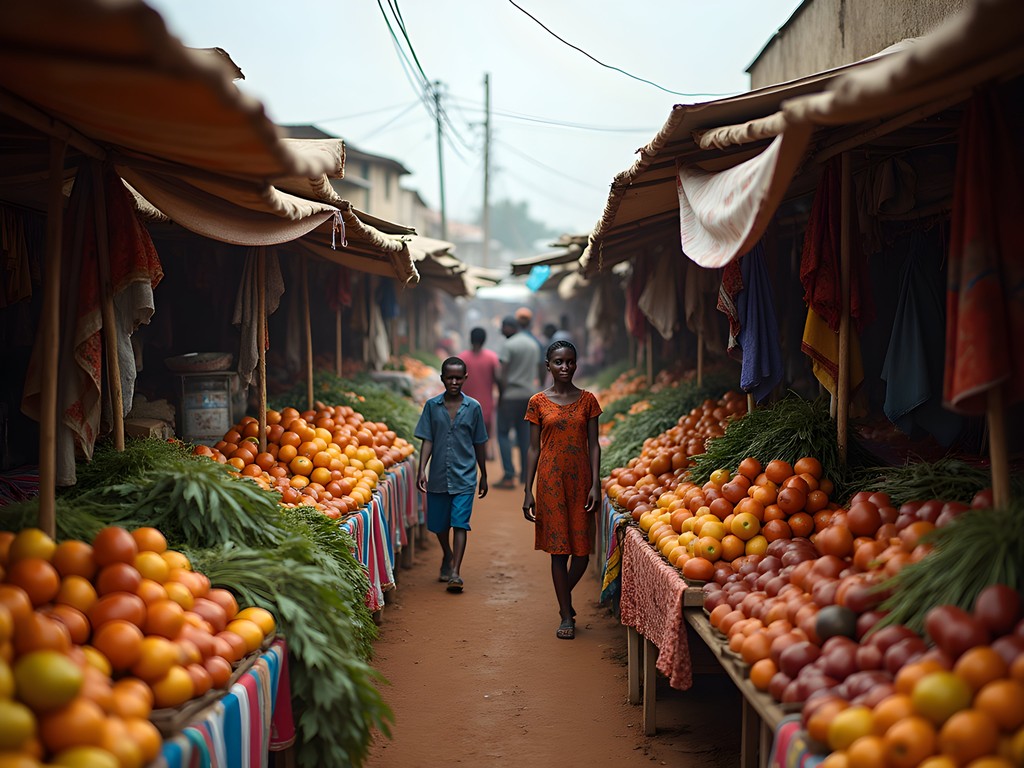
💡 Pro Tips
- Visit PK5 market in morning hours when it's less crowded
- Learn basic Sango greetings to connect with vendors
- Carry small denominations of CFA francs for easier transactions
Discovering Bangui's Artistic Underground
One of my most rewarding discoveries was Bangui's resilient arts scene, hidden in plain sight throughout the city. The Alliance Française hosts rotating exhibitions, but the real magic happens in impromptu spaces—community centers, repurposed buildings, and artists' homes opened to visitors through local connections.
Through my Airbnb host's nephew (a university student), I gained access to a weekend gathering of musicians and visual artists in the Sica neighborhood. The event unfolded in a courtyard behind an unassuming concrete building, where painters displayed canvases depicting Bangui's complex history while musicians performed traditional and fusion pieces.
Capturing these moments required discretion and respect. My low-light lens proved invaluable for documenting these cultural experiences without disrupting them with flash photography. The wide aperture handled the evening lighting beautifully, allowing me to preserve memories of performances and artwork while maintaining the intimate atmosphere.
What struck me most was how these artistic expressions served as both cultural preservation and contemporary commentary. Many pieces addressed reconciliation between religious communities or environmental challenges facing the Ubangi River basin—proof that Bangui's creative community is actively engaged in the city's most pressing conversations.
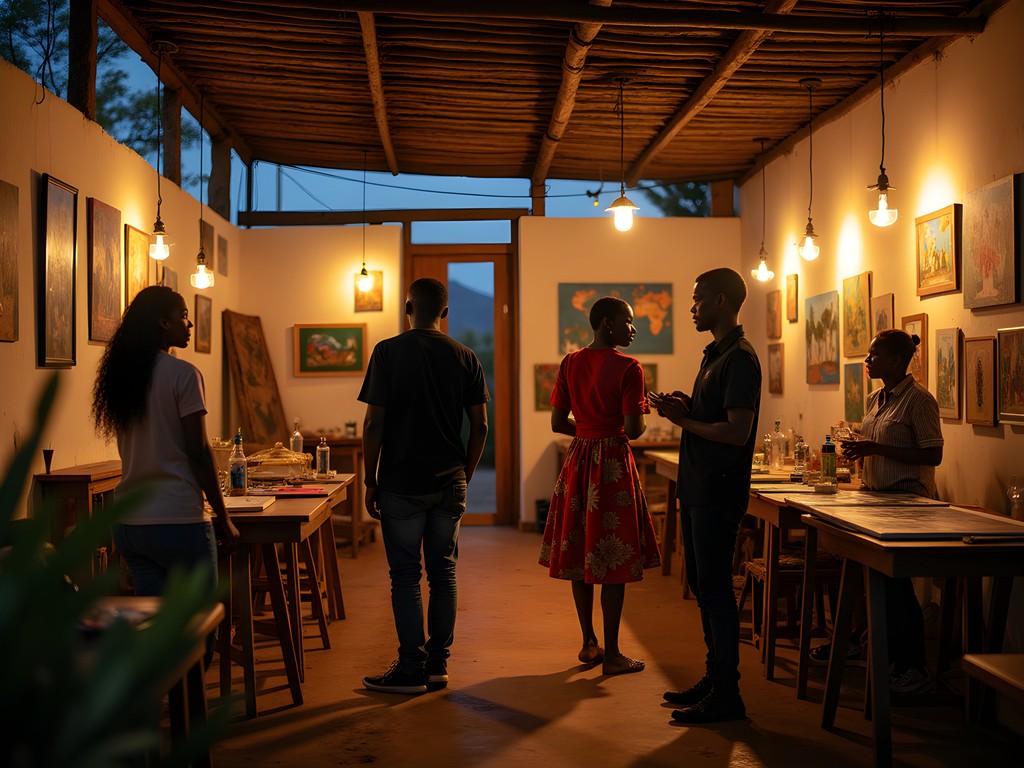
💡 Pro Tips
- Check Alliance Française's schedule for current exhibitions and cultural events
- Ask your accommodation host about local artistic gatherings
- Purchase artwork directly from creators as meaningful souvenirs
Boyali District: Where Local Life Unfolds
To experience authentic Bangui away from both tourist areas and commercial hubs, I spent two days exploring the residential Boyali district. This neighborhood offers a window into everyday life—children playing impromptu soccer matches, community water points serving as social gathering spaces, and small family-run shops meeting local needs.
Navigating Boyali's unpaved roads required appropriate footwear. My trail runners proved perfect for urban exploration—lightweight enough for all-day wear but rugged enough to handle Bangui's variable terrain. The breathable design was particularly appreciated in the Central African heat.
I connected with a local English teacher who offered to show me around his neighborhood. Francis explained the community structures, pointed out the informal recycling systems residents had developed, and introduced me to a family that prepared traditional cassava-based meals. This kind of access is invaluable and impossible to find in guidebooks.
As a mobile developer, I couldn't help but notice how technology was being adapted to local needs. Small shops offered phone charging services powered by generators, and mobile payment systems were surprisingly widespread despite infrastructure challenges. These observations reminded me that innovation happens everywhere, often with greater creativity when resources are limited.
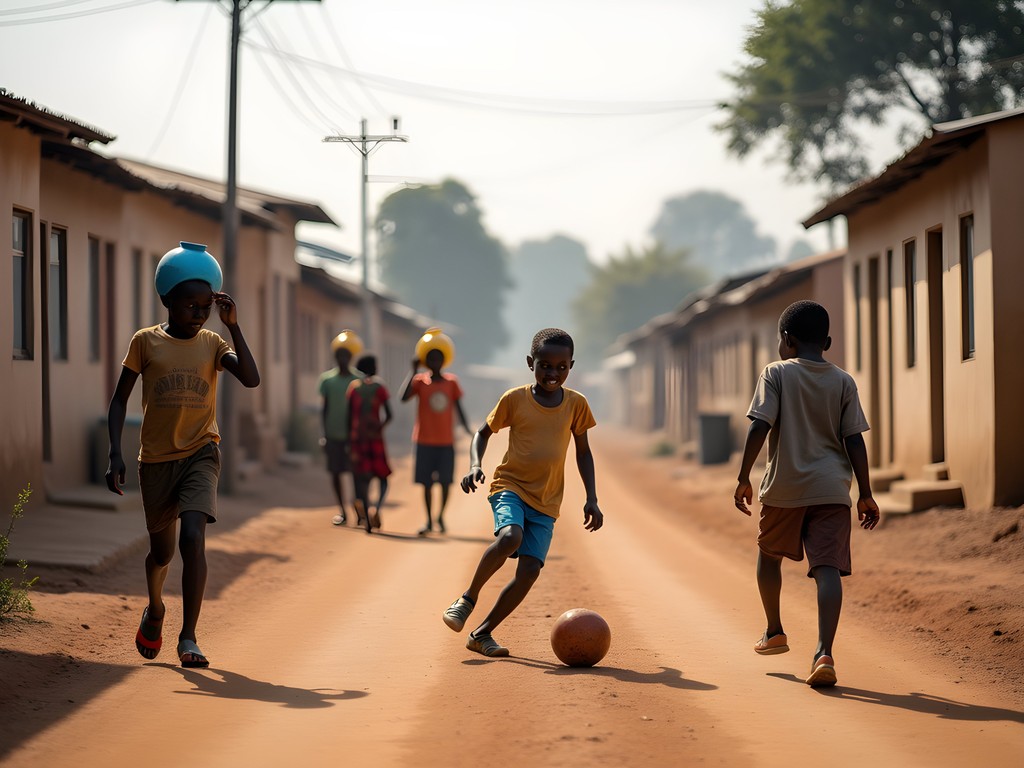
💡 Pro Tips
- Hire local guides from reputable sources for neighborhood exploration
- Respect privacy when photographing residential areas
- Bring small gifts like school supplies if visiting community spaces
Practical Safety & Navigation Tips
Let's talk straight about safety: Bangui requires vigilance and preparation beyond what most destinations demand. I maintained a low profile by dressing simply, carrying minimal valuables, and using a anti-theft waist pack worn under my shirt for important documents and cash. The slash-resistant material and RFID blocking gave me confidence even in crowded areas.
Mobility in Bangui relies primarily on shared taxis and motorcycle taxis (locally called "Jakarta"). I negotiated fares before entering vehicles and used my offline maps to track routes. For longer city explorations, I occasionally hired a trusted driver through my hotel for day rates—more expensive but worth the security and local knowledge.
Power outages are common throughout Bangui. My solar charger became essential for keeping my devices powered. The foldable panels collected enough energy even when placed on my guesthouse windowsill during the day, ensuring my phone and satellite communicator never died.
Most importantly, I maintained situational awareness and trusted my instincts. When a neighborhood felt tense or a situation seemed uncertain, I simply redirected my exploration elsewhere. Bangui offers enough fascinating districts that skipping certain areas doesn't diminish the experience.
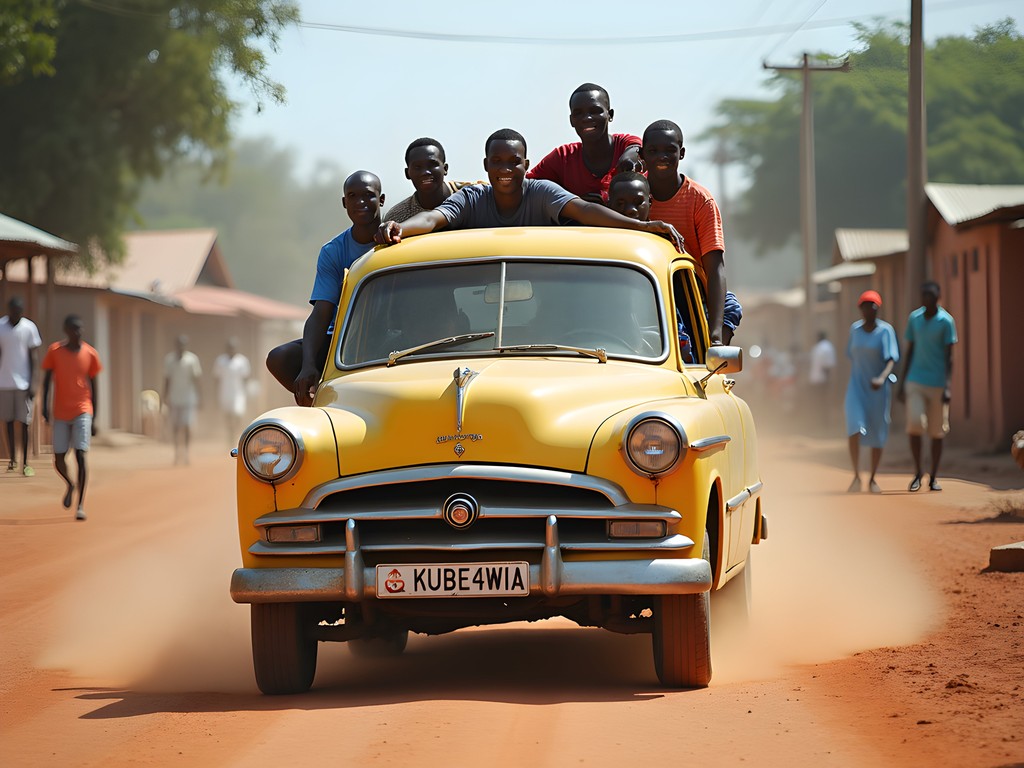
💡 Pro Tips
- Memorize your accommodation's address and phone number
- Travel with photocopies of important documents
- Establish check-in protocols with someone back home
Final Thoughts
Bangui won't make most travelers' easy-destination lists, and perhaps that's exactly what makes it worth exploring for those seeking authentic urban experiences. My week navigating its hidden districts revealed a city of contrasts—challenging yet rewarding, complex yet welcoming to those who approach with respect and preparation.
As I watched my final Ubangi River sunset from a small café near my guesthouse, I reflected on the privilege of experiencing a place that exists completely outside the mainstream tourism bubble. The genuine connections with residents, the unfiltered glimpses into daily life, and the sense of discovery around every corner reminded me why I travel in the first place.
Bangui isn't for everyone, but for the experienced solo traveler willing to embrace uncertainty and seek understanding beyond headlines, it offers profound insights into urban resilience and human creativity. If you're ready to step far off the tourist trail, Bangui's hidden districts are waiting to be explored—just remember to pack your patience, cultural sensitivity, and sense of adventure alongside that satellite communicator.
✨ Key Takeaways
- Bangui rewards experienced travelers with authentic cultural exchanges impossible in more touristed destinations
- Local connections are essential for accessing the city's most interesting districts safely
- Preparation and flexibility are equally important when exploring challenging urban environments
📋 Practical Information
Best Time to Visit
November-February (dry season)
Budget Estimate
$30-50/day (excluding international flights)
Recommended Duration
5-7 days
Difficulty Level
Challenging
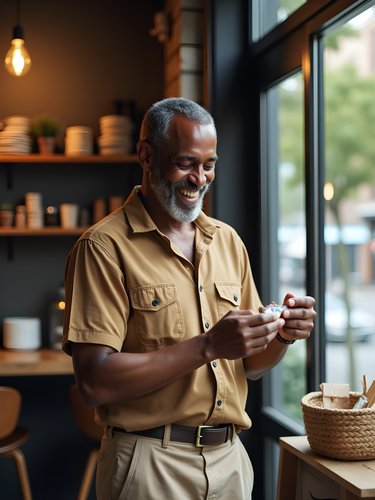
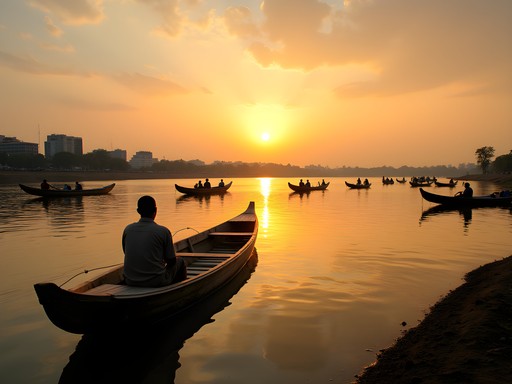
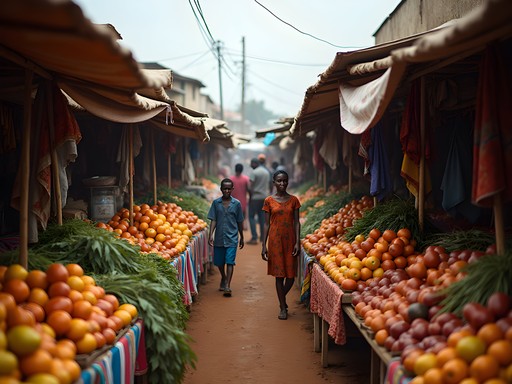
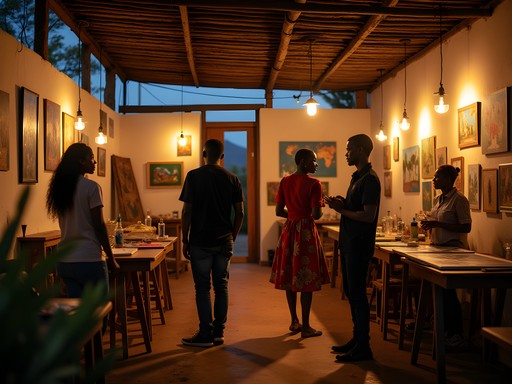
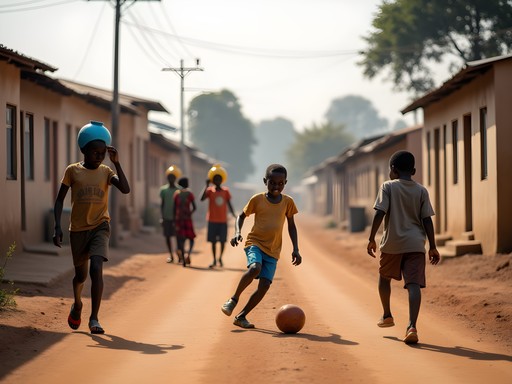
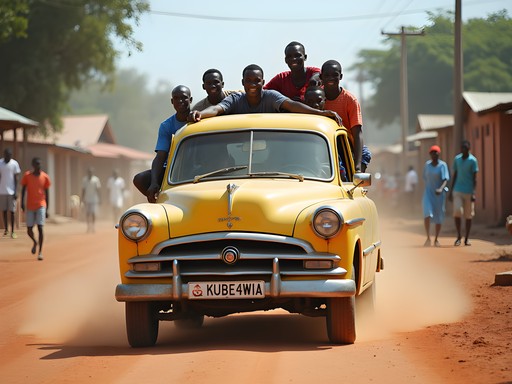


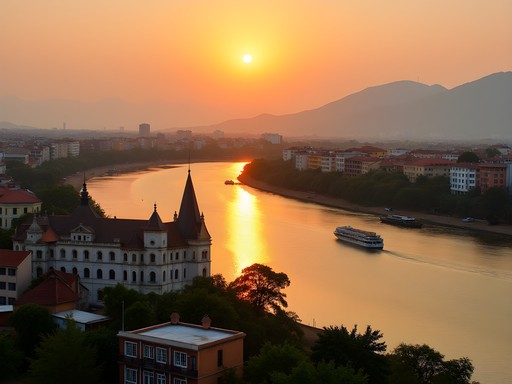
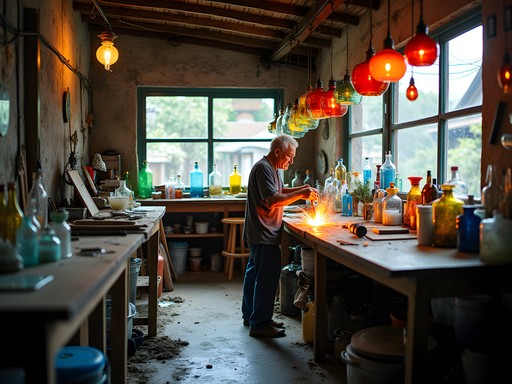
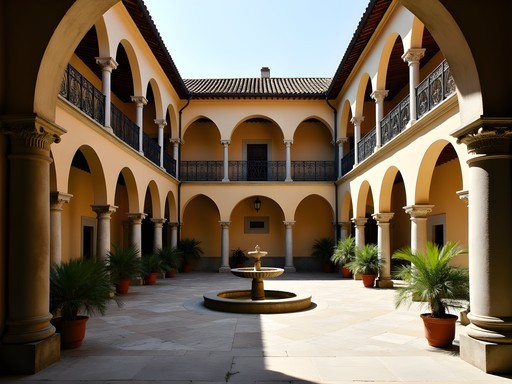
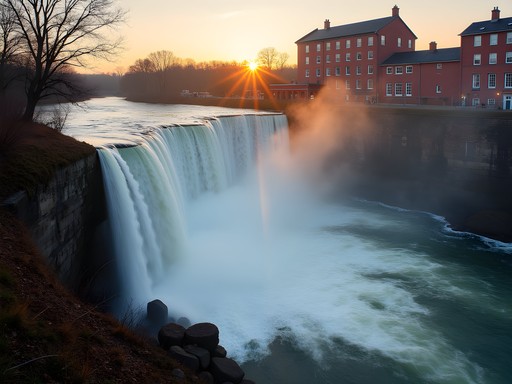
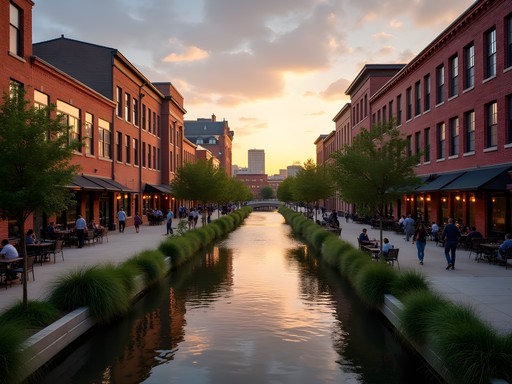
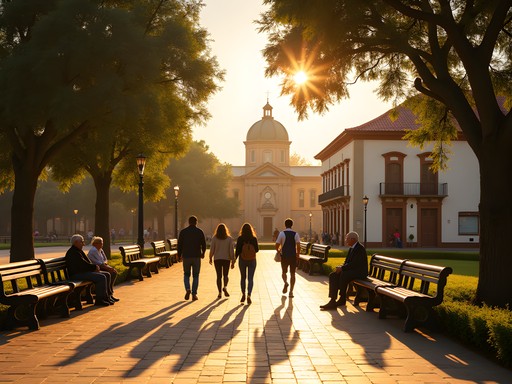

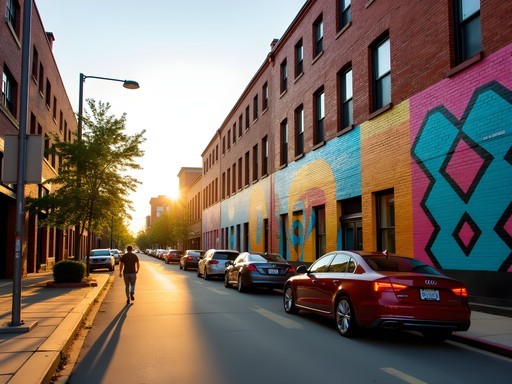
Comments
Kimberly Murphy
Brilliant write-up, Eric! I've been wanting to explore more of Central Africa and this is exactly the kind of honest, practical guide that's needed. The artistic underground scene sounds particularly intriguing - are there any galleries or studios you'd recommend visiting? Also, for anyone planning this trip, make sure your vaccinations are up to date and bring a good water filter as bottled water isn't always available outside the main areas. This is proper adventure travel and I'm here for it!
wanderlover
Good tip about the water filter!
triphero5650
Love these photos! Really captures the vibe
wanderlover
What's the best time of year to visit? And where did you stay?
wanderlustway
YES!! Finally someone writing about Bangui! I spent 3 weeks in CAR last year and Kilomètre 5 was absolutely fascinating. The market energy is just unreal. Eric, did you try the grilled fish by the river? Also totally agree about Boyali - that's where you see real daily life. Such an underrated city.
triphero5650
3 weeks wow! How did you get around the city?
wanderlustway
Mostly moto-taxis and walking. The motos are cheap and everywhere. Just negotiate the price before you get on!
wildone
This looks amazing but is it safe to travel there solo? What's the visa situation like?
Kimberly Murphy
Great question! It's definitely not your typical tourist destination. I'd recommend connecting with a local guide for your first few days. The visa process can be tricky - you'll need to arrange it in advance through the embassy. Security situation varies, so check current FCO/State Dept advisories before booking. That said, places like this offer incredible authentic experiences you just can't get on the tourist trail!
wildone
Thanks! That's really helpful
wanderlustmate
Thanks for highlighting a place most travel blogs ignore! Refreshing to read about somewhere truly off the beaten path.
journeyguy
Great post! How did you handle transportation between districts? Taxis, walking, or something else?
wanderlustclimber
Not the author but when I was there I used motorcycle taxis (they call them "taxi-motos") - cheap and fast but definitely hold on tight!
winteradventurer
Just got back from CAR last month and wish I'd had this guide before going! The artistic underground was such a surprise - I stumbled upon a small gallery near the university showing incredible work addressing the country's political situation through art. One tip I'd add: bring a good water filter as bottled water can be inconsistent. The Boyali District was definitely my favorite area to just wander and observe daily life. Eric's advice about context is spot on - reading about the country's history beforehand completely transformed my experience.
wanderlustmate
Did you feel safe in Boyali? Thinking of going in January.
winteradventurer
Felt fine during daylight hours! Just be respectful about taking photos and maybe hire a local guide. People were incredibly welcoming once they realized I was genuinely interested in their city.
TravelNomad
Any food recommendations for Bangui? Going there in December!
Frank Garcia
Try the gozo (cassava dough) with peanut sauce! The riverside spots near Hotel Oubangui serve amazing grilled capitaine fish too.
wanderlustclimber
Those photos of Boyali District are incredible! Really shows the everyday life most tourists miss.
Venture X
Premium card with 2X miles, $300 travel credit, Priority Pass